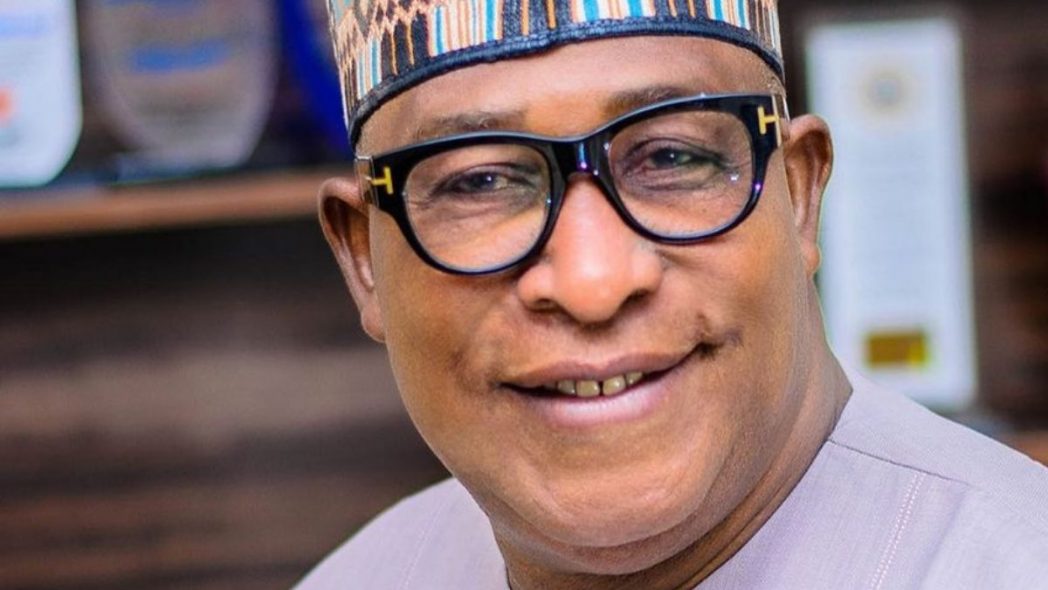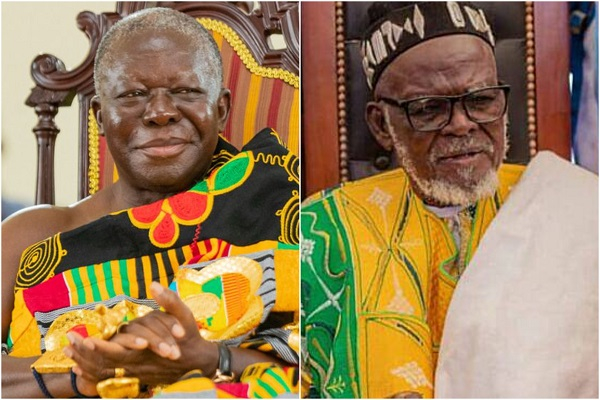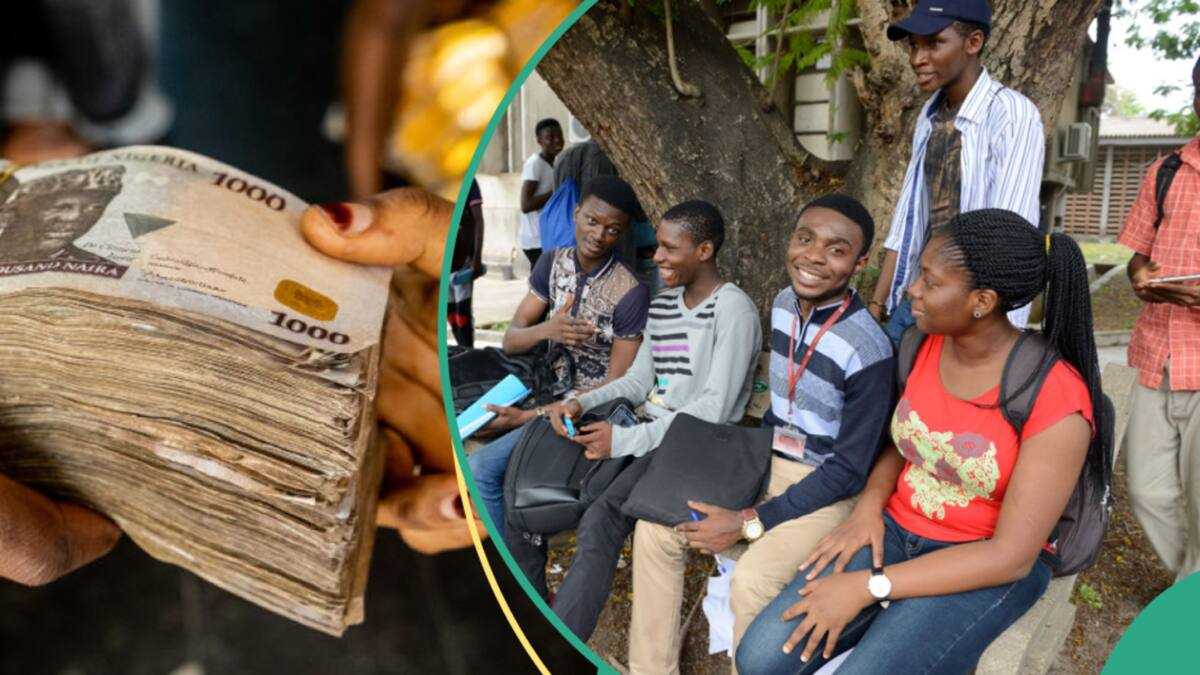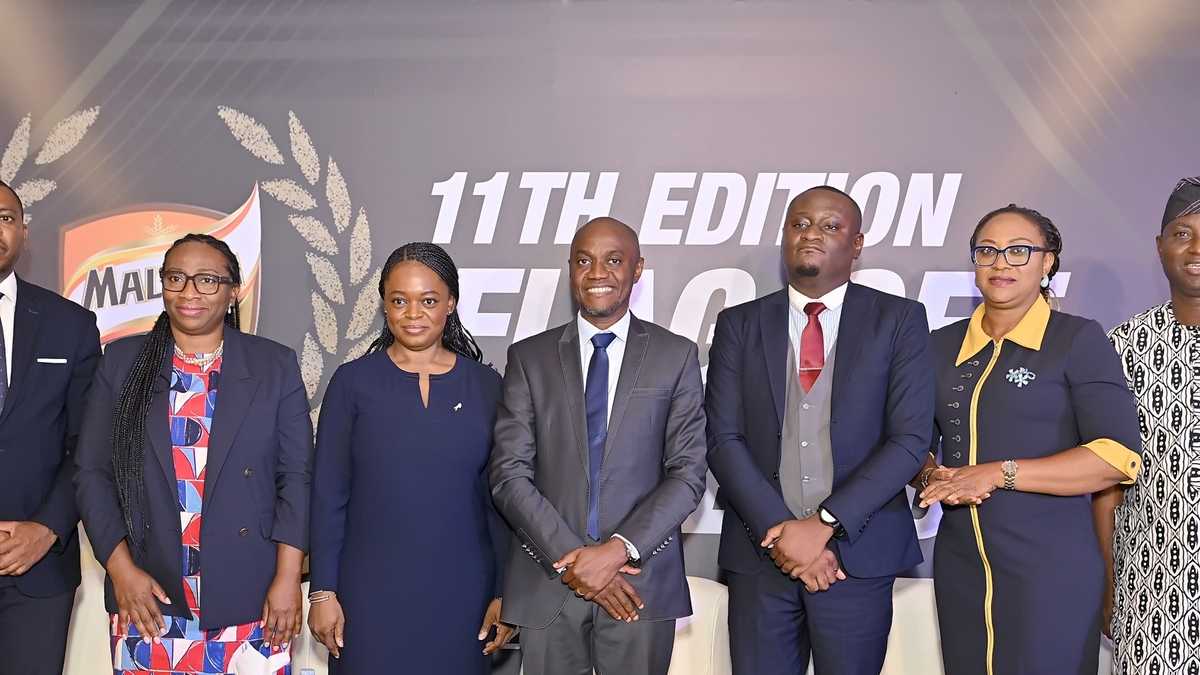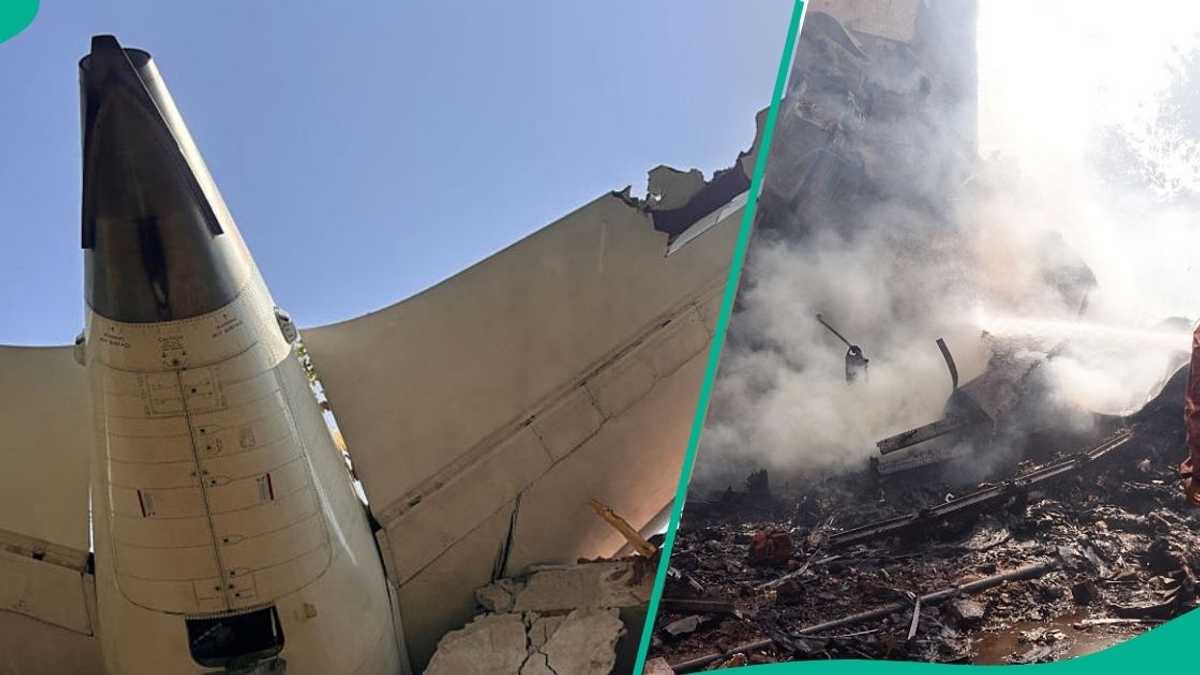Addressing graduate skills needs: GTEC, universities review curricula
The Director-General of the Ghana Tertiary Education Commission (GTEC) Professor Ahmed Jinapor says GTEC is working with universities to review and modernize their curricula.
The move, he explained was to ensure that programmes ran by the universities explicitly addressed the skills needed for the digital age, entrepreneurship, and the operational realities of a 24-hour economy.
“We would continue to champion quality and relevance in tertiary education in Ghana to ensure graduates possess not only technical competence but also critical thinking, problem-solving, communication skills, and, crucially, ethical grounding, Prof Jinapor added.
Speaking at the 9th gradudation ceremony of the Perez University College in Accra yesterday, Prof Jinapor gave the assurance that, “GTEC is committed to promoting industry-academia linkages by facilitating stronger partnerships for internships, apprenticeships, joint research, and curriculum co-design focused on national priorities.

In all, 150 of the graduates receiving bachelor’s degree, while over 80 of them received certificates after successfully completing their courses of study.
The university college offers a range of programmes, including Bachelors of Business Administration (BBA) Accounting, BBA Marketing, BBA Human Resource Management, BBA Banking and Finance, Bachelors of Art (BA) Communication Studies, BA Biblical Studies, and BA Church Administration, as well as Certificate in Christian Ministry and Executive Certificate in Church Administration.

Prof Jinapor said the commission appreciated the challenges facing private tertiary education providers in the country, adding that key among them was the issue of low student enrollment numbers with their effect on sustainability.
He attributed the situation partly to the proliferation of unaccredited satellite campuses across the country.
“In its quest to create an enabling environment for private universities to thrive and advance their well-intended mandate, the Commission had a series of engagements with the universities involved in this practice.
“Arising out of that, we have directed the universities to cease fresh admissions forthwith and teach out existing students enrolled at these unaccredited centres,” Prof Jinapor said.
He said it was commission’s belief that “this will create a level playing field for private universities to thrive.
“Again, we are also aware of the huge admission numbers by public institutions even when the existing infrastructure at such institutions does not support such numbers.
“The commission will in the very near future come out with policy directives to address these happenings. We will need the support of all of you stakeholders in the tertiary educational fraternity,” Prof Jinapor rallied support.
Touching on the use of unearned academic titles, he cautioned the public and all well-meaning Ghanaians to desist from such practice.
“It is instructive to state that academic titles such as “Dr” and “Prof” are for the exclusive use of persons who have gone through the rigor of academic pursuit and have been awarded a Doctor of Philosophy (PhD) degree from a recognized university. “The title Professor does not come by conferment, it is an academic rank that comes through promotion, having accumulated years of experience in academia and met critical indicators in teaching, research, and extension,” Prof Jinapor emphasized.
He said in recent times the commission had had some personalities questioned the authority of GTEC to interrogate the use of such unearned titles.
“As point of reference ladies and Gentlemen, consistent with Section 8 (4) (d) of the Education Regulatory Bodies Act, 2020 (Act 1023), which enjoins us to regulate the use of academic titles in Ghana, we shall not renege on our responsibility, we will continue to throw the spotlight on the matter to ensure that sanity prevails in the system as part of our minimal contribution to the Ghanaian reset agenda.
Prof Jinapor advised the graduates to see themselves as the vanguard of Ghana's new dawn, charging them to embrace the challenges of the government’s reset and the 24-hour economy not with trepidation, but with excitement.
“Work hard, embrace lifelong learning, and uphold integrity unwaveringly. Cultivate perseverance, be the ethical, innovative, and adaptable leaders Ghana needs.
“Seize the mantle of entrepreneurship. The nation's progress rests significantly on your shoulders, the Director-General told the graduating class.

The Founder and Chancellor of the Perez University College appealed to President Mahama to support private tertiary institutions to enable them expand access to higher education and ensure that no Ghanaian student is left behind due to limited capacity in the public sector.
He said the support could either be through subsidies, grants, or fee assistance programmes, adding that such an approach would not only democratise education, but also played a vital role in training skilled personnel to undergird the government’s 24-hour economy initiative.
“By investing in private universities, we can strengthen Ghana’s human resource development, enhance productivity, and contribute meaningfully to national progress,” Bishop Agyin Asare explained.
Writer's Email: [email protected]
